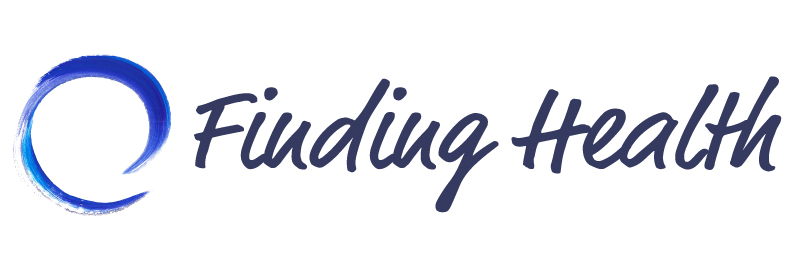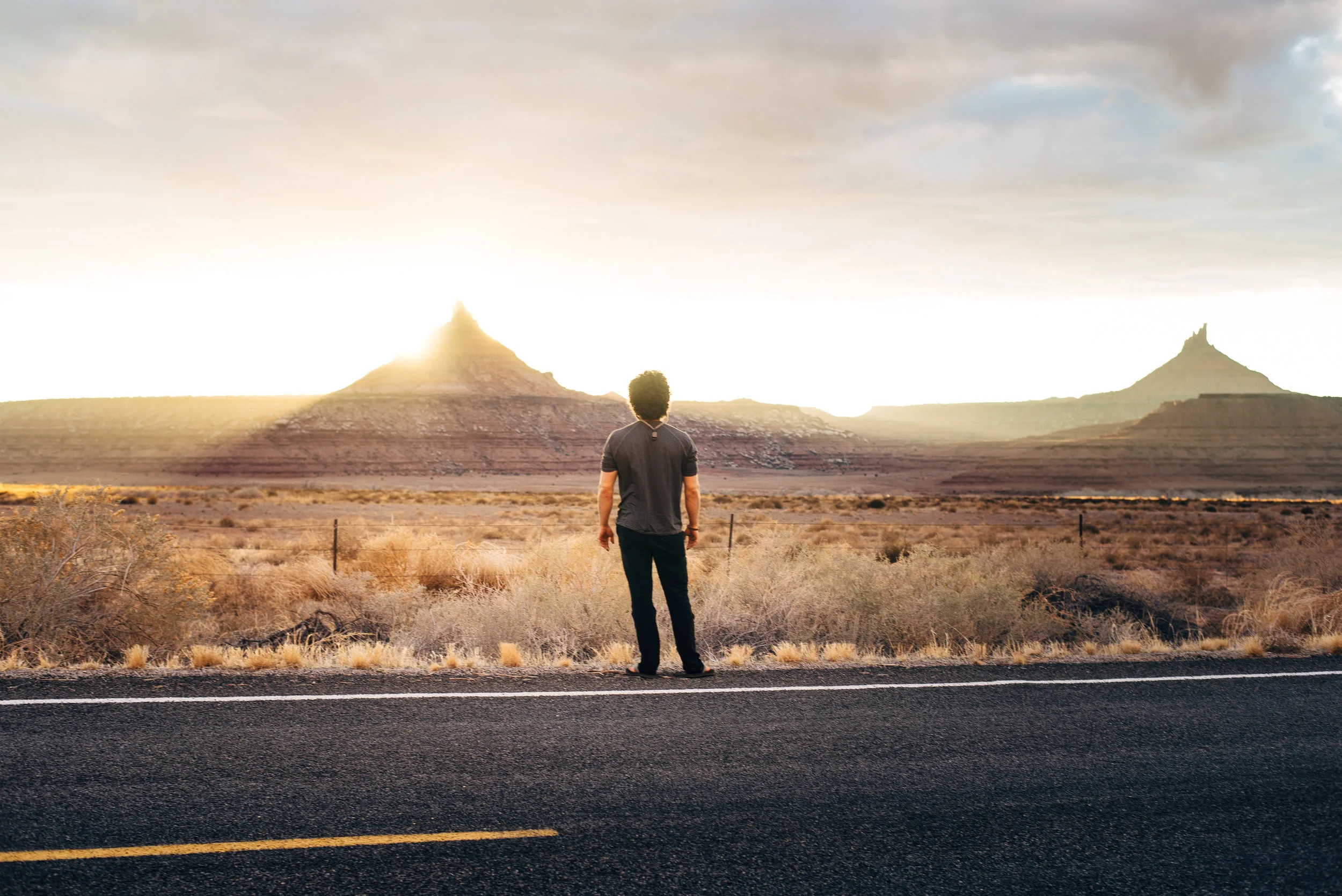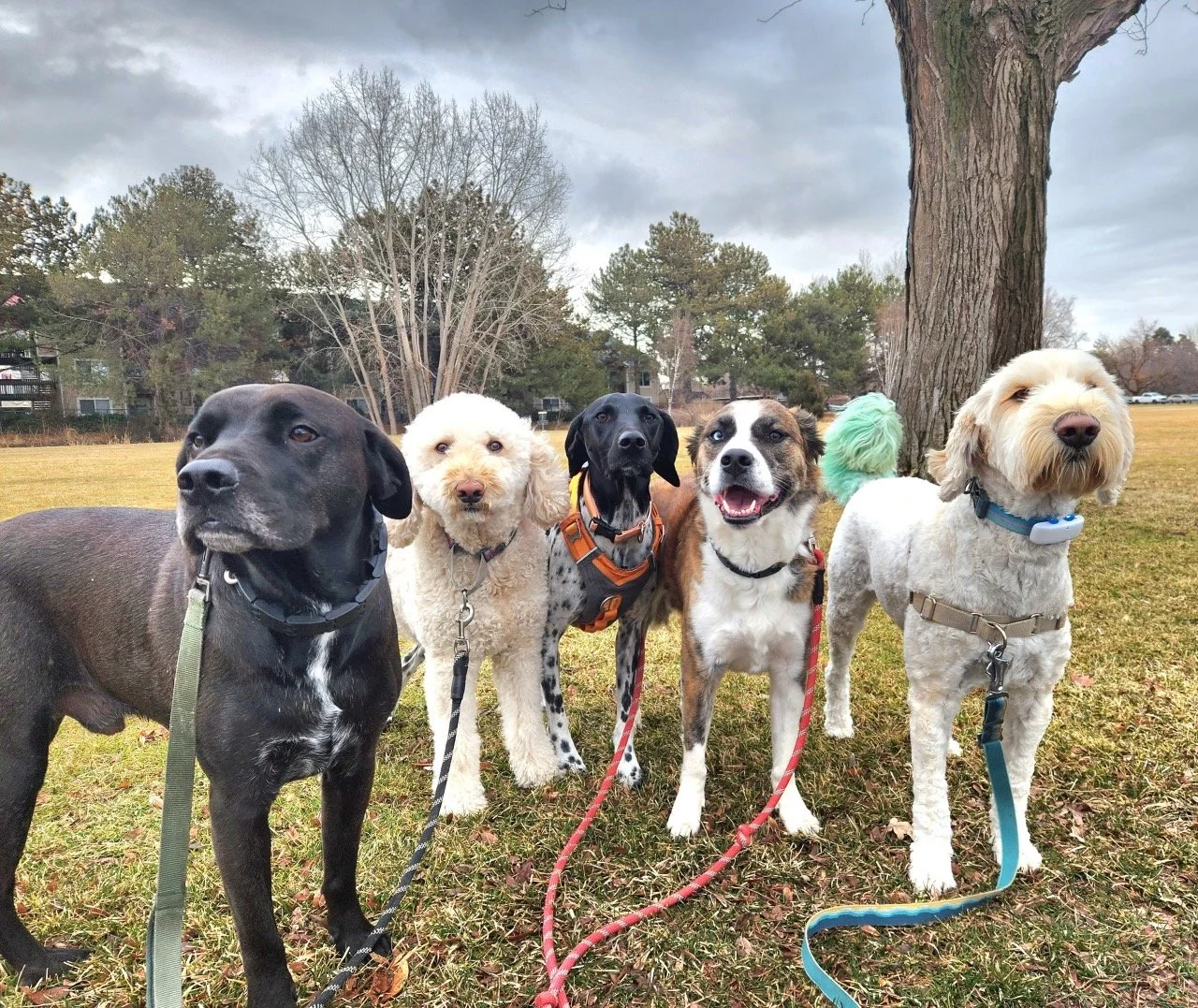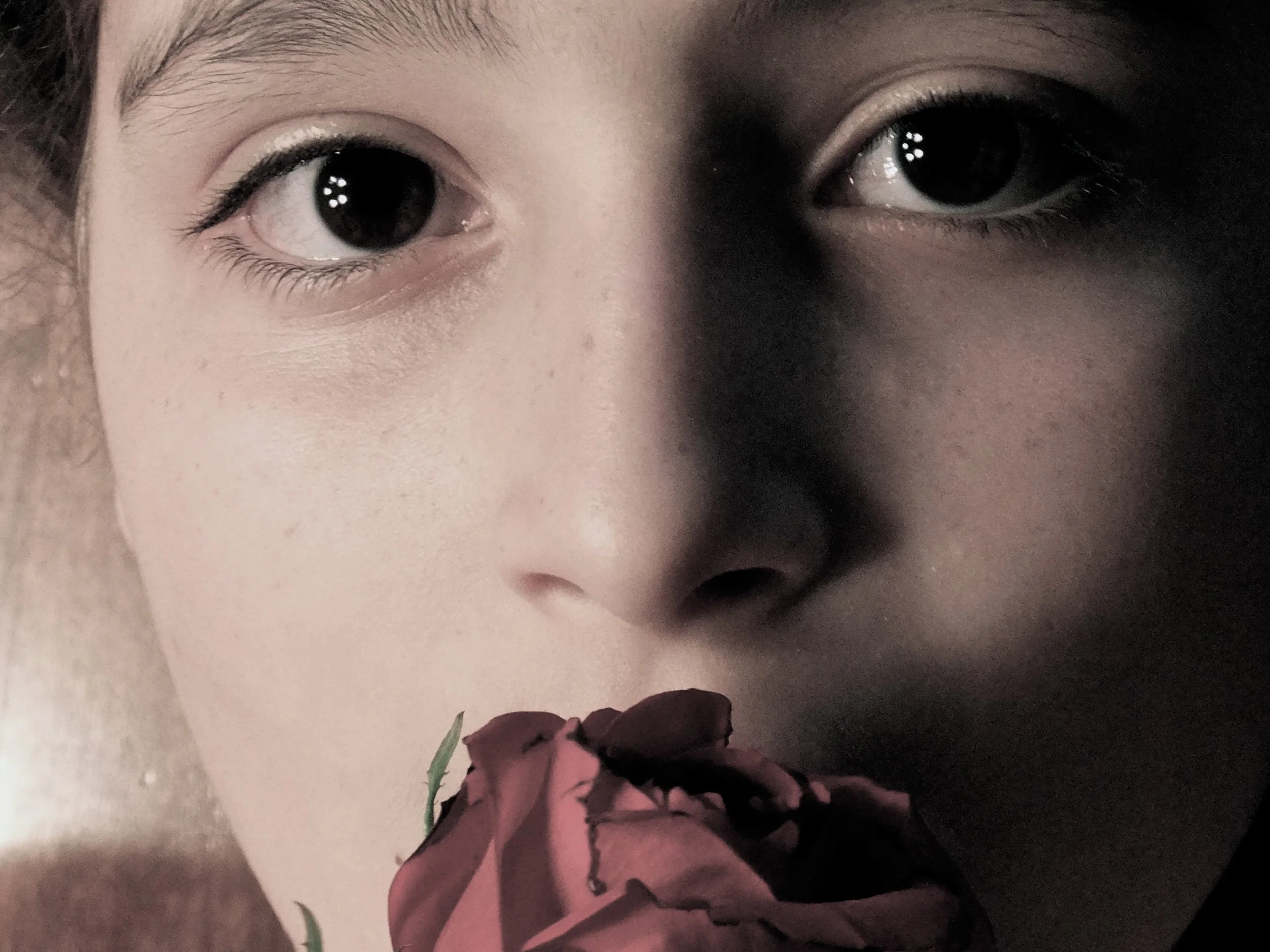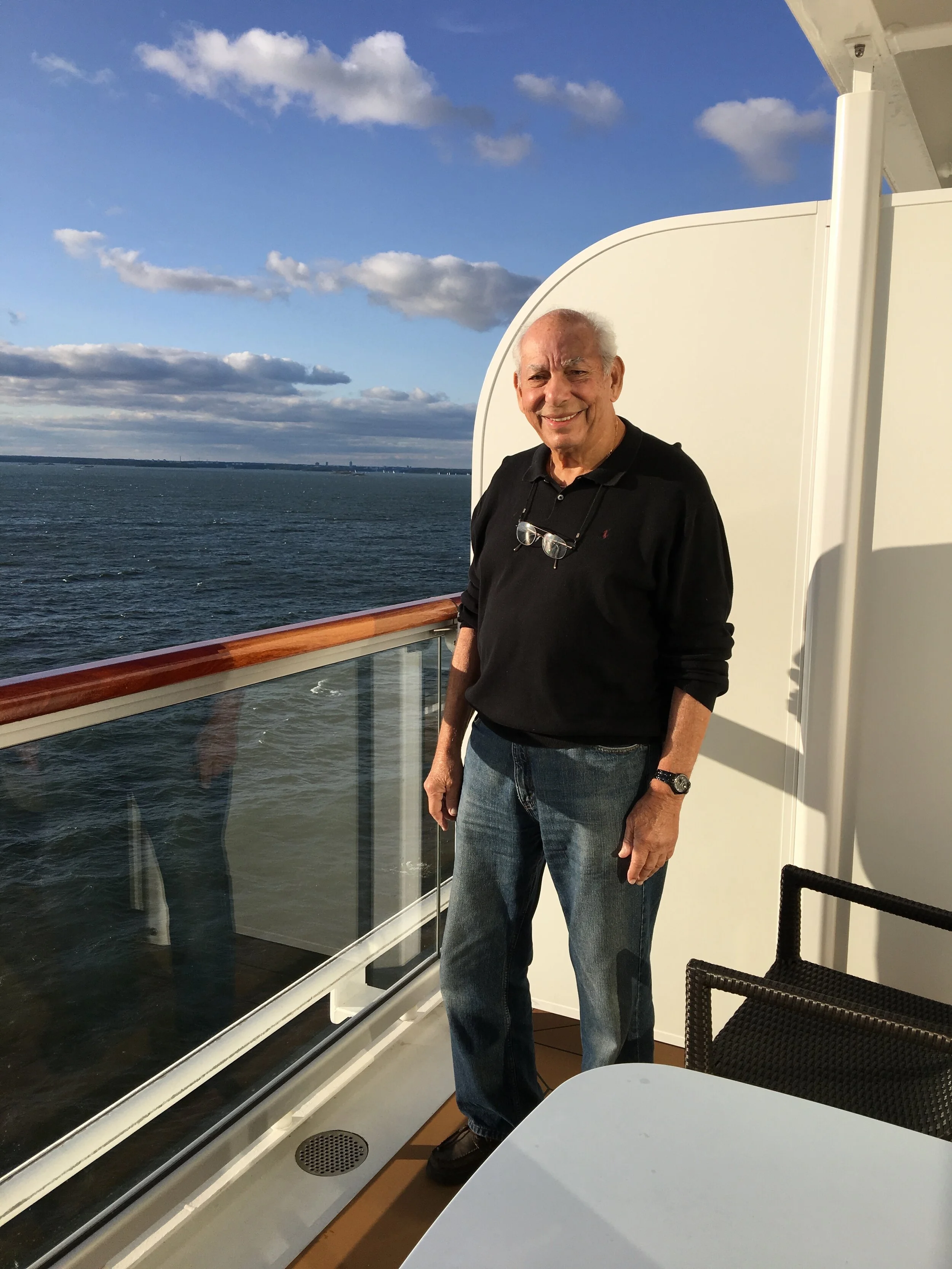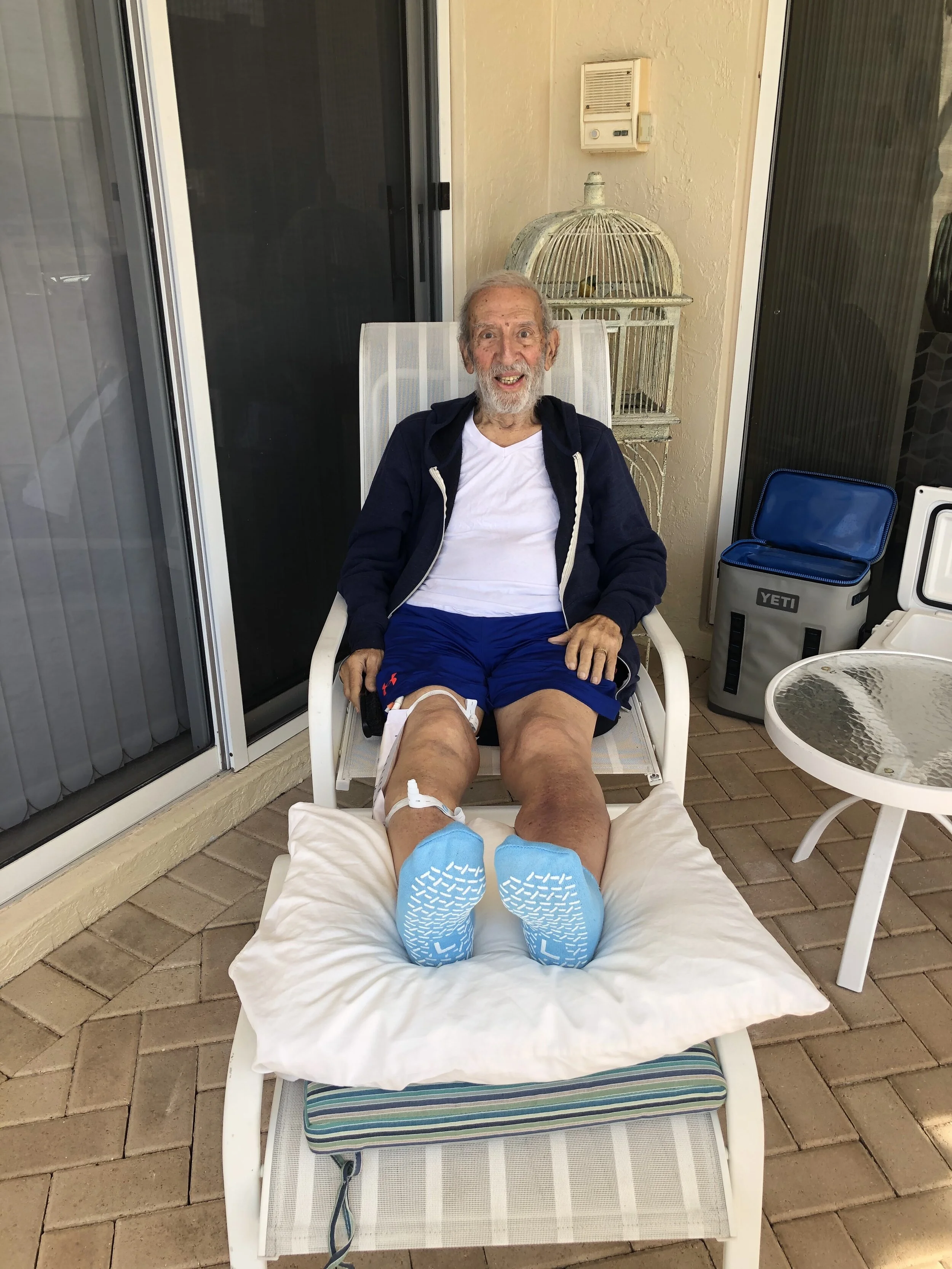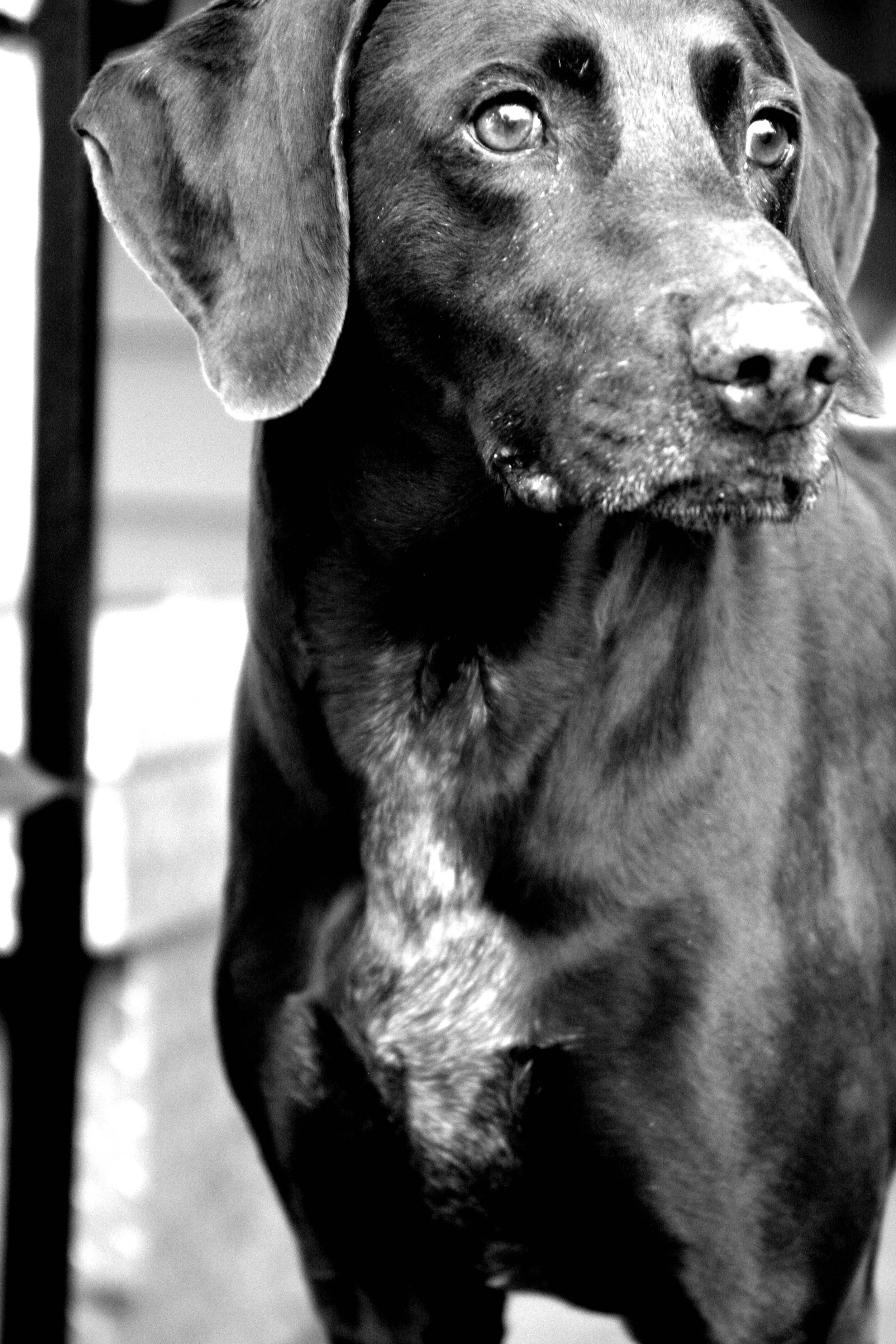Root Down Reach Out
/There is no power for change greater than a community discovering what it cares about.
Margaret J. Wheatley
My grandpa Sam emigrated to U.S. alone. His family remained in Ukraine. When he learned of deadly pogroms at his family's village, he returned home to help rescue his parents and siblings. This was a difficult task even if only 5-6 people were involved, but when he arrived, scores of neighbors begged him to lead them to safety.
He was conflicted, knowing full well that the effort was extremely challenging and dangerous, but his sense of responsibility to his community was very strong and he eventually led more than 100 people across Europe to the U.S., likely saving many of their lives.
The long trip was treacherous and required remarkable courage, ingenuity and cooperation. Before they started on their journey, the villagers collected names on tombstones in a local cemetery so they could create new identities. My grandpa mapped out a complex escape route involving multiple border crossings while the travelers secretly packed belongings and gathered supplies. Since many in the group did not have enough money to cover expenses, my grandpa used his savings to help them.
Demands for large payments from corrupt border guards and a clash with a pickpocket, who stole all of their money, almost derailed their efforts. Yet, the traveling community was committed to sharing responsibilities and adhering to rules for safeguarding and supporting all members of the group. They worked together to obtain food, spot police and assist those with disabilities.
Remarkably, the pickpocket was tackled by one of the villagers before he could take off with their cash, and at one point, my grandpa secured an entire railroad car to carry their large group across Europe without interference from border guards.
Such extraordinary service and dedication to community, with input and participation from individuals with diverse abilities, perspectives and experiences, is integral to the success of efforts to address the complex challenges that threaten the health of our communities.
********
In contrast, during the current pandemic, the desperate efforts of clinicians to manage the barrage of hospital admissions, decrease soaring infection rates and care for patients who are seriously ill, struggling to breathe and isolated from their friends and families are being undermined by disputes concerning appropriate citizen behavior.
Our shared responsibility for the health of our communities, essential to curb this global public health crisis, has been overshadowed by societal divisions and political agendas that impede respectful dialogue and cooperative efforts to alleviate suffering.
What are the reasons for the striking difference between the current response to the coronavirus pandemic and the response of my grandfather’s community to the threats during WW2?
How do we cultivate the deep commitment to community and innate tendency to care for each other expressed by my grandfather and his village?
These questions provided the impetus for the creation of Compassionate Communities - an inter-generational community healthcare movement organized to rekindle cooperative responsibility for the health of our communities, advance health equity and inspire compassionate action.
Our founding chapter in Idaho collaborates with community partners to address the most pressing healthcare issues before us. We are currently focused on significant impact of the decline in air quality associated with increasing wildfires on community health, the complicated public health concerns during a pandemic and the profound health inequities that do not allow our neighbors, friends, family members and colleagues to thrive.
Root Down Reach Out, our hashtag and the name of our “one person-one tree” initiative, reflects our vision for a healthcare movement with the foundational strength and potential of an engaged, inclusive community.
********
We have integrated a model for social change described by John Paul Lederach, a sociologist who describes his work as peace building. John Paul has endeavored to bring about conflict transformation in war-torn areas around the world for decades.
He proposes that social change always begins when a small group of people decide that circumstances are intolerable. In these instances, pain and suffering drive them toward each other. Once they meet, rather than focusing on how to address the issues, they first ask:
“Who Do You Know?”
NOT who do you know who agrees with us, but: "Who do you know with whom you have a relationship who you can invite to join our conversation?”
John Paul suggests that our friendships provide an essential, sturdy and flexible foundation as we work to address complicated social and cultural issues. With this foundation, we are more likely to listen respectfully, consider new ideas, recognize our biases and endeavor to understand each other.
He emphasizes that if we hope to generate widespread transformational change, we must
“Always preserve the dignity of others”
********
This past year, as infections and deaths escalated, long term, serious health consequences from the coronavirus became evident and inconsistent messaging and politicalization of the healthcare response fueled division, mistrust and violence, Compassionate Communities focused on pursuing efforts to encourage action in the interests of the overall community.
We launched the Compassionate Connections Community Healthcare Forum to provide opportunities for community members to come together informally to strengthen relationships, explore issues that impact the health of our communities and identify opportunities to enhance understanding, collaboration and community well-being.
In alignment with our vision, every time we meet, we each invite people with whom we have relationships to join the conversation. Salient questions serve as starting points for our conversations.
At the core of our work is our commitment to welcome diverse voices and strive to identify common ground. Even when the issues are critical or life threatening, and perhaps especially then, we ask each other: “what can we agree upon?” Sometimes, the only thing we can agree upon is that we love fresh coffee - so we start there.
Identifying common ground when exploring emotionally charged issues is especially difficult. Last year, when searching for a productive way to address masking, rather than reducing our conversation to “pro” and “against,” we worked together to identify situations when masking may be unnecessary (when taking a walk outside alone) as well as those when masking may be beneficial (when visiting an elderly grandmother).
When our views and experiences are very different, we challenge ourselves to prioritize relationships over ideology and consider unfamiliar perspectives with curiosity and humility. We are often reminded that we share similar opinions about fundamental issues, like the health of our families and our hopes for our children. This common ground inspires a willingness to reorient our relationship to each other and work together to identify creative and compassionate solutions that serve and represent the diverse people in our community.
At a time when we are witnessing anger and estrangement among our neighbors, family members and friends simply because we have different opinions, it is our hope that our Compassionate Connections Community Healthcare Forum will provide a useful model for productive dialogue and move people to reconnect with friends, family, neighbors and colleagues - not necessarily to change their opinions, but simply to talk, openly share ideas and hopefully, rekindle affection, thoughtfulness and a sense of community solidarity.
********
My grandpa recognized the value of belonging to an engaged community and embraced his responsibility to his neighbors, friends and family with courage and generosity.
Engaging with community may seem a daunting task, but each day, in small and seemingly insignificant ways, we have opportunities to share our views on community issues with neighbors, co-workers and others, and even solicit community support to address issues that are important to us. As individuals, our impact and reach may be limited, but an organized community’s voice is widely heard.
As we navigate the profound healthcare issues before us, we invite you to share your voice with us, participate in our grassroots efforts or even consider starting your own local group so we can build strong community voices, steadied by common ground and guided by a sincere commitment to care for each other.
The really important kind of freedom involves … being able truly to care about other people and to sacrifice for them over and over … every day.
David Foster Wallace
Deb Roman co-wrote this article with her grandpa’s oldest son (and her dad), Jerry Sheinbach. Deb and her dad, who turned 90 in 2021, have worked together on many projects to enhance community health and have written essays together since Deb was a young girl.
